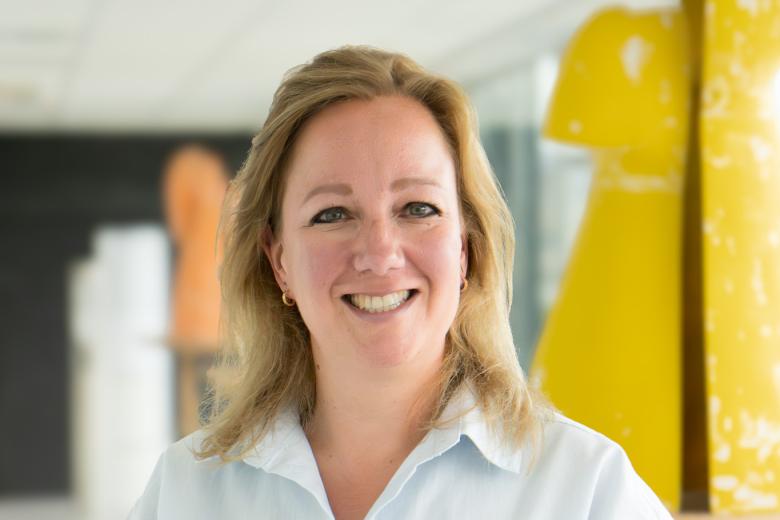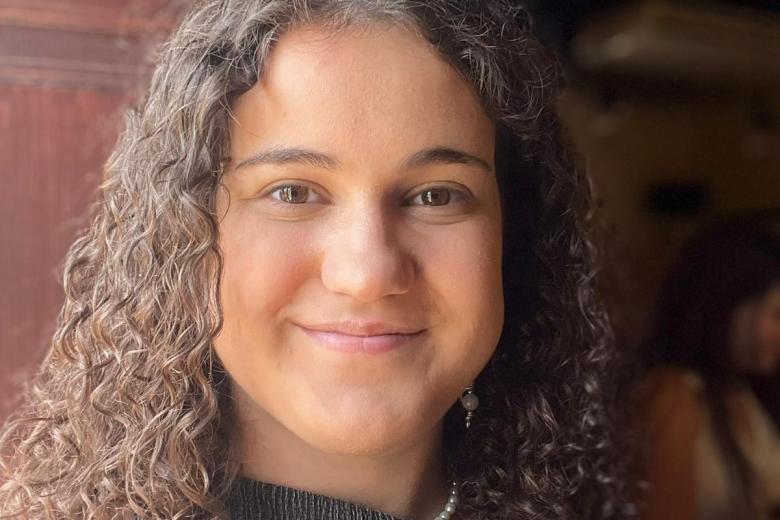Bruno Rocha – Drawing on Global Health skills to identify and report health threats
Often when we think about health, we see it in relatively proximal ways. For example, from a patient’s point of view, healthcare is experienced at a specific point in time and space. In a best-case scenario, care is provided when necessary. If we consider a hospital, we may ask if all patients are receiving the same quality of care. If we zoom out further, we may consider whether a country is able to provide adequate healthcare to each of its residents. However, if we take an even broader view, we may consider how history, socio-economic and political developments, relevant policy landscapes, and power dynamics and inequities shape global and local health outcomes. When we begin to grapple with discussions of these broader global dynamics and how they interact with local contexts to shape health outcomes, we are entering the domain of Global Health.
Through the Global Health master's programme, Bruno Rocha (an alumnus of the programme) has cultivated the ability to apply such a broad global lens. He puts this into practice in his current role as a consultant epidemiologist at the World Health Organization (WHO). The team Bruno works within, the information and dissemination team of the Public Health Intelligence (PHI) unit, looks out for global health “canaries in the coal mine” - they are responsible for identifying and reporting potential health threats relevant to the WHO.
Asking “why”
Bruno came to the Global Health programme with a background in medicine, and a motivation to dig deeper and understand “why”: “Why is a patient unable to access or afford medication? Why is this person part of a population that often faces certain medical conditions? I felt blind to these questions that can only be answered through a multi-perspective approach.”
Bruno felt the need for a broader perspective and a systemic change, and enrolled in the master’s programme in order to work towards this. Here he became part of a diverse cohort of students from a range of settings, backgrounds and disciplines, including doctors, psychologists, anthropologists, economists and policymakers. “Because so many determinants affect global health, each student brings their own expertise to tackle health inequities.”
Why is a patient unable to access or afford medication? Why is this person part of a population that often faces certain medical conditions? I felt blind to these questions that can only be answered through a multi-perspective approach.
Critical thinking and scientific communication skills
Bruno recognises that some of the most important tools Global Health students are equipped with through the programme are critical thinking and scientific communication skills. “Critical thinking is something often overlooked. But being able to debate with others on topics that matter to you is of great value.” He adds: “Writing is a prominent activity in the master’s. The feedback you receive from professors is similar to the feedback you’ll receive as a professional, so you’re prepared for the work field.”
Insights on a range of global health topics
After graduation, all alumni share a common characteristic: they develop the capacity to be critically reflective about the issues they encounter. Bruno and his peers often joked that once you study Global Health, there is no turning back. “It was groundbreaking to touch upon so many topics. We even reviewed the role of genetics in the behaviour of a population. I certainly didn’t expect that in the curriculum.”
Competencies that are highly sought-after
Drawing on the knowledge and skills he developed through the programme, following graduation, Bruno applied for a range of positions, including as a researcher, programme assistant and project coordinator. Bruno: “I was offered an internship at the WHO within the information and dissemination team from the Public Health Intelligence (PHI) unit. The team was looking for an individual who could write professional reports in English and be able to communicate them with people from different backgrounds - something that was taught to me during the master’s programme.”
Applying global health skills to epidemiology
After his internship, Bruno was offered a position as an epidemiologist within the same team. “Although I didn’t graduate as an epidemiologist, the skills from Global Health are transferable to other roles.” Bruno’s job is to trigger an alert whenever there's a health hazard or risk that might be of relevance to the WHO. An example of an event that could catch his attention is the sudden occurrence of a disaster. For example, Bruno explains, “a hurricane touches land in a country. Such a disaster causes infrastructural damage; vulnerable people have a higher chance of diseases or could have a hard time reaching hospitals. Once an alert is triggered, we assess the risk to public health, monitor the interventions and communicate health emergency information to Member States to guide decision-making. This is where Global Health comes in - the communication needs to be crystal clear from a professional and political view. It cannot be misinterpreted.”
The work Bruno performs requires a broad understanding of health and what it encompasses as a whole, and he is able to fulfil this role by drawing on what he learned through the Global Health curriculum. Further, he can draw on his experiences on the programme more broadly. “Global Health wasn’t just about discussing global perspectives. You live through it by connecting with students from all over the world.”
Recognising the impact of the Global Health programme, Bruno adds: “The programme will change you and your views forever.”
Also read
-
Mariëlle Heuts: deputy director Faculty of Health, Medicine and Life Sciences
Mariëlle Heuts joined the Faculty of Health, Medicine and Life Sciences as Deputy Director on 1 May 2025. She sees her previous work experience in various management and advisory roles at APG, Loyalis and Vodafone come together in her new position at our faculty.

-
Alba Villagrasa Martín - The world of innovative personalised medicine
You must have heard about the extensive waiting lists for people who need organ transplants. Perhaps you spoke to someone dealing with limited mobility after a complex fracture. So, you worry about the future and what could happen if you fall ill or have an accident. But in the future, we’re heading...

-
Mental health services urgently need to address lifestyle
Mental health services need to increase investment in lifestyle interventions to improve care and narrow the 15-year life-expectancy gap for people with mental health conditions, according to a new report by The Lancet Psychiatry Commission. Maastricht University scientist Jeroen Deenik is one of...
